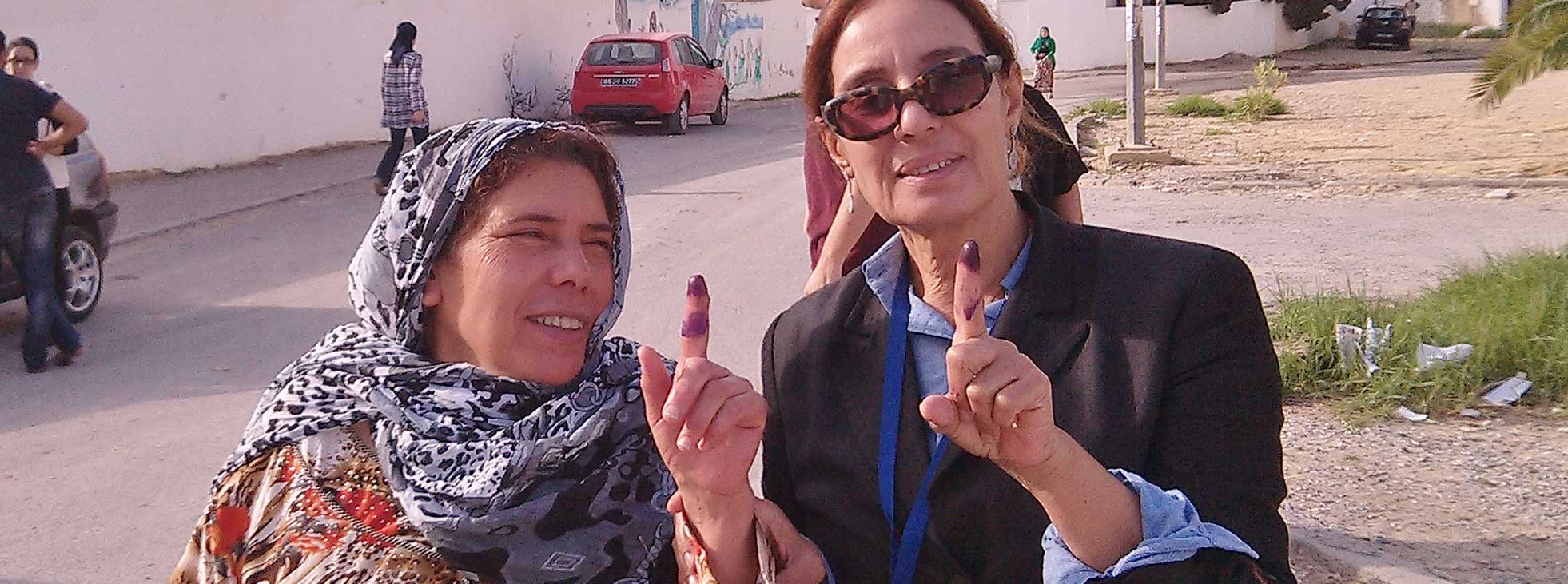Country in Focus: Tunisia

Tunisia’s status as the only democratic state in the Arab World is certainly one to be proud of. However, the country has experienced turbulent political upheavals in the five years since the state-wide protests, known as the Tunisian Revolution, led to the Arab Spring in 2010-2011.
The protests, which began in December 2010, were spurred by concerns about corruption, lack of freedom of speech and political freedoms, unemployment and inflation.
As a result of the protests, the country’s President Zine El Abidine and his single party system were removed from power and office on 14 January 2011. After his removal, an interim government was established which was eventually replaced by a new constitutional republic in 2013. As a great number of women took part in the protests, it is widely held that women played an instrumental role in the ousting of President Zine El Abidine.